Sabina Leonelli (Exeter): “Understanding Science from the Data Up”
We live in a data-rich world, and yet diverse views on what constitutes reliable knowledge are proliferating and science is losing credibility as a source of verifiable, empirically grounded understanding of the world. I argue that both the overriding importance attributed to big data and the increasing contestation of well-established facts are linked to a problematic conceptualisation of the epistemology of data, according to which data function as mind-independent, value-free representations of the world, ready for analysis and interpretation no matter the circumstances. By contrast, I defend a relational view of data which emphasises the interdependence between what is considered to be data and the specific conditions of inquiry. This relational account, which is grounded on a detailed historical study of how data are disseminated and re-used to inform scientific reasoning, regards data as plastic and dynamic objects whose evidential value lies in the way in which they are processed, ordered and interpreted. The relational view of data epistemology does justice to the complex and sophisticated processes through which researchers select, process and use data in the course of inquiry, thus highlighting the situated nature of knowledge production. At the same time, I will show how it provides fertile ground for a robust empiricism that challenges narratives of relativism and post-truth, thus escaping the disastrous combination of data richness and absence of facts.
Sabina Leonelli is a Professor of Philosophy and History of Science at the University of Exeter. Her professional interests include the history and philosophy of science, science policy and governance.
Along with Craig Callender from the University of California, San Diego, Professor Leonelli was jointly awarded the 2018 Lakatos Award. This lecture was delivered as part of her award ceremony.


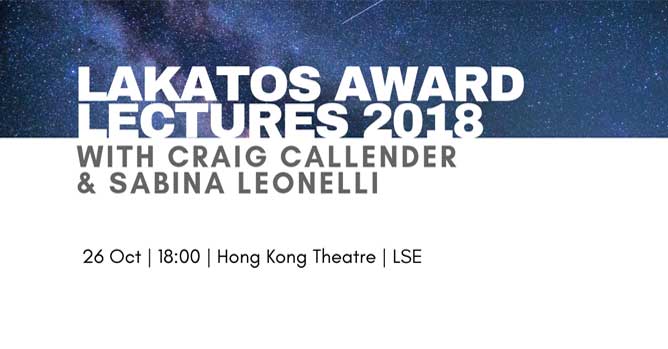

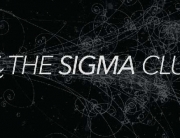
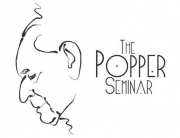

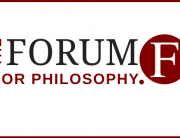



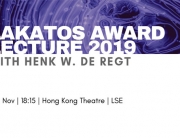

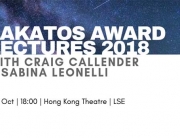

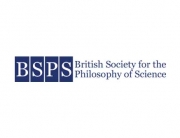
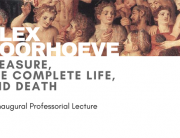
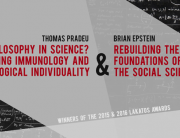
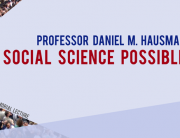
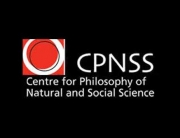


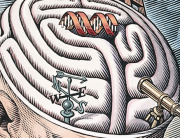
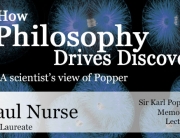
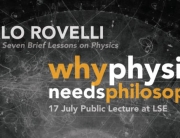


Connect with us
Facebook
Twitter
Youtube
Flickr